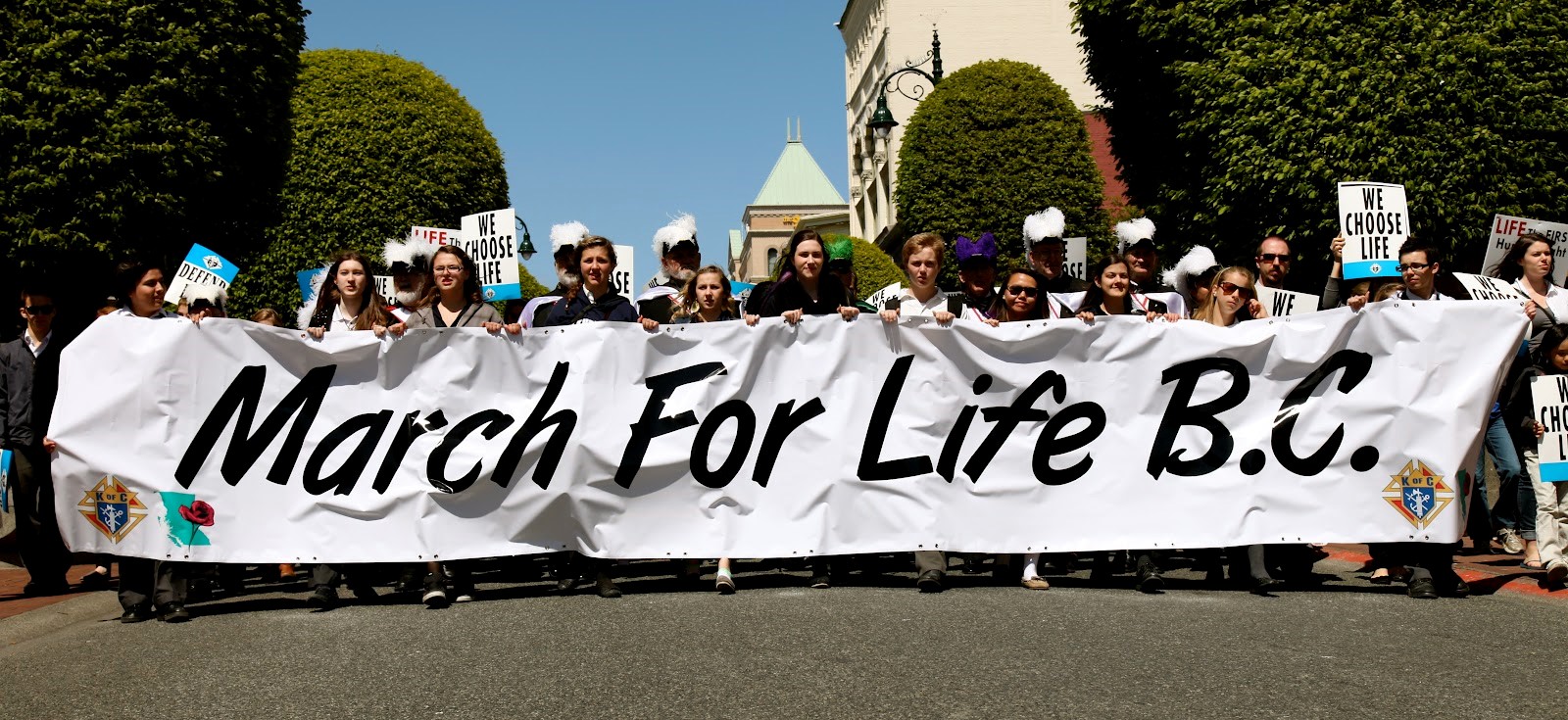Over the years, the topic of abortion has continued to be a topic of extreme dissension and controversy in an increasingly secular world. Nowadays, a stigma has grown around people who proclaim themselves as either “pro-life” or “pro-choice”. Members of both parties are often subject to judgemental questions about their opinions and beliefs; not simply pertaining to fetal rights on its own but rather what this belief implies about their moral standing and character.
“Before I formed you in the womb I knew you, and before you were born I consecrated you” – Jeremiah 1:5
In the Church’s eyes, to be “pro-life” is to see “human life [as] sacred from the first moment of its existence and not under the control of any human being” (CCC 2270). The YOUCAT asserts that “from [its] earliest beginnings an unborn human being is a separate person, and no one can infringe upon [its] rights, not the State, not the doctor, and not even the mother” (YOUCAT 383). Christoph Cardinal Schőnborn stated that, “everything you need to know about abortion is in the Fifth Commandment: thou shalt not kill”. Personally, I believe that to be pro-life is to uphold the sanctity of life in all its forms, whether it be the tiniest, most vulnerable embryo to the fully grown, elderly lady living in a lonely care home.
The primary argument of pro-life advocates is that every human has a right to life, and therefore an embryo, as a defenseless human being, is unjustly killed through abortion. This is why they are “pro-life” advocates, because they support the promotion of life and are against abortion. The pro-choice counter-argument to this is that it falls under the mother’s right to choose (hence “pro-choice”) whether she goes through with a pregnancy. Pro-choice advocates also argue that if abortion is made illegal, expecting mothers will attempt to end their pregnancy through more dangerous, and possibly lethal, means.
From a Catholic standpoint, the key issue with contraceptives and abortifacients is that they bestow the power to give and withhold life, which in actuality, should belong to the Father alone. God is the source of all life and using contraceptives or deciding to abort implies that the person in question is greater than the Father.
“For You formed my inward parts; You wove me in my mother’s womb. I will give thanks to You, for I am fearfully and wonderfully made” – Psalm 139:13-14
My first experience with the pro-life movement was with my high school’s Reverence for Life Club in grade 10. Honestly, at the time I understood the basics of what it was to be pro-life (thanks Catholic school!), but I also had no grasp of the urgency and gravity of the situation. Also, I mostly joined because members got to go to Victoria for the annual March for Life and going to Victoria (and missing class!) with my friends sounded like a really fun time. I have obviously learned more about the issue since grade 10, and in that time, I’ve learned a lot more about fetal rights and ways that I can advocate for the unborn in my daily life. So don’t feel intimidated or inadequate, there’s always opportunity to learn and better yourself!
One way that we, as Catholic youth, can defend the right to life for the unborn is to attend March for Life. March for Life is an annual rally protesting abortion that takes place, for those of us in the Pacific Region, here in Victoria, B.C. People of all ages come together to publicly, peacefully, and prayerfully advocate for the voiceless victims of abortion. The agenda is not to coerce anyone into changing their minds but instead to lovingly begin a conversation, to discover the reasons behind our beliefs so that, together, we may come to an understanding.
Take heart, being an advocate is never going to be an easy task and it will frequently force you into situations and conversations far from your comfort zone, but the fight for the right to live is always worth it.
Genie Sequeira – South Cluster Advocacy Head | CFC-Youth Pacific Region




